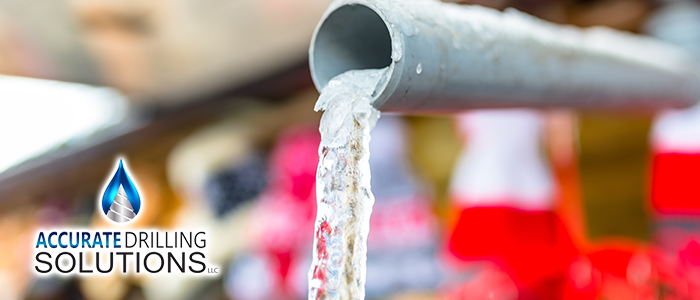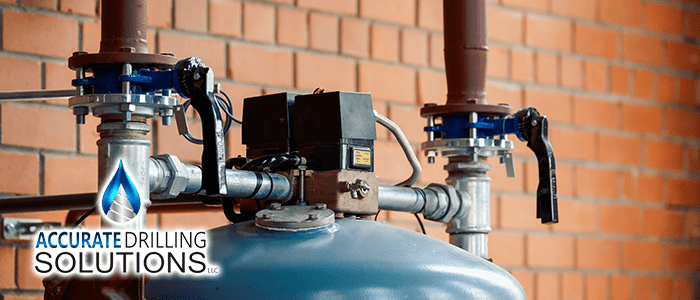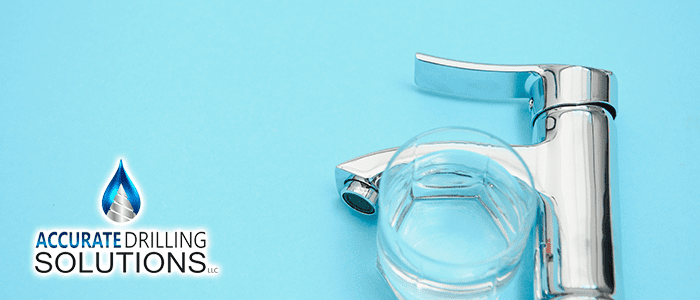
In Florida, we are pretty fortunate to have consistent rain throughout the year. Especially during the summer, where you can sometimes set your clocks to the afternoon thunderstorms. With that said, however, Florida is a very large state land wise. This means that the residents must deal with drought water usage sometimes, even when other parts of the state have has consistent deluges. Given the scientific evidence of climate change, in the near future, Florida may once again face drought water usage. In this article, we will discuss steps to take to help you curb your drought water usage
Fix Existing Leaks
When you have an existing leak, do not wait until trying to handle drought water usage to fix it. Fix leaks immediately. What is a small leak today, will become a big leak tomorrow if left unchecked. Water leaks cost you money, and the leak can grow. As it grows, it slowly corrodes the infrastructure of your home or building. Leaks also lead to harmful bacteria. For example, black mold growth, which causes both humans and animals to not only become sick but may also lead to death.
Install Water-Efficient Fixtures
Another way to conserve water is by installing water-efficient fixtures. Truth be told, most fixtures sold these days are water-efficient. So if you live in an older house, as fixtures need to be replaced, consider replacing them with a brand new water-efficient model as opposed to a used older model.
If you do not wish to wait until your current fixture breaks down, many local governments, offer rebates or grants to incentivize individuals to replace current fixtures with newer water-efficient ones. The benefit of these programs not only allows the homeowner to save money with upfront costs but also allows for long-term savings as there will also be a reduction in the utility bills as well.
Change Lawn Irrigation Habits
Another area where water can be easily conserved is with irrigation of your lawn. During a severe drought, many local governments will restrict lawn watering to just once a week or none at all. If you adopt a few changes for your irrigation needs, not only may you be able to get an exemption from these restrictions, but you will be able to save money in the long term, conserve water, and keep your lawn in a pristine condition. Below are a few changes you can make to your irrigation habits:
- Reuse Water
- Collect Rainwater
- Use native or drought-tolerant plants
Reuse Water
If you reuse water for your lawn maintenance, you are not only conserving water by using water multiple times, but you are also saving money. One way to reuse water is to install a greywater system that allows you to recycle the dirty water from sinks, showers, dishwashers, and washing machines into your irrigation system. If you cannot afford to install this type of system, then at minimum you can place a bucket under your shower or sink as you wait for an ideal temperature and use that clean water in the bucket for landscaping. You can also use the dirty water from a mop bucket for the landscape as well.
Collect Rainwater
Rainwater harvesting is the collection and storage of clean rainwater for later use, it has been used for many years around the world. Rainwater harvesting systems come in all shapes and sizes. You can build it as a DIY project with a few materials from any hardware store. You can even purchase kits online at fairly affordable rates. The challenge with rainwater harvesting is ensuring that the rainwater is filtered from any sediments and cleaned from any parasites if you plan on drinking it. If you just wish to use it for landscaping purposes, then you will want to make sure it is treated to prevent insect larvae from growing.
Native Or Drought-Tolerant Plants
By landscaping your lawn with native or drought-tolerant plants, you can reduce your irrigation water usage between 25 to 50 percent. The added benefit of using native plants is that it will help the local ecosystem as other wildlife rely on the natural vegetation for their benefit.
continue reading
Related Posts
Tampa Well Water Quality: Your Complete 2025 Guide Well water
Addressing Water Pressure Issues in Wells: Expert Solutions Water pressure
Benefits of Water Filtration Systems for Well Owners in Central





